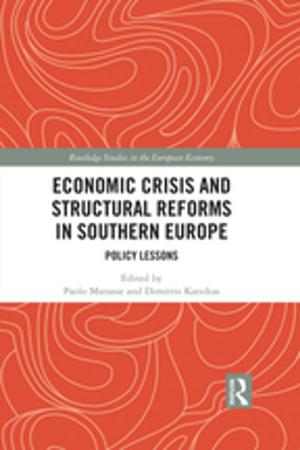Protection of Cultural Heritage in International Law
Nonfiction, Reference & Language, Law, International| Author: | Natasja Nikolic | ISBN: | 9781465810663 |
| Publisher: | Natasja Nikolic | Publication: | August 4, 2011 |
| Imprint: | Smashwords Edition | Language: | English |
| Author: | Natasja Nikolic |
| ISBN: | 9781465810663 |
| Publisher: | Natasja Nikolic |
| Publication: | August 4, 2011 |
| Imprint: | Smashwords Edition |
| Language: | English |
The Slovenian Law for protection of cultural property in her second article states that should be considered as cultural property: areas or complexes, constructions or buildings of various kind, objects or groups of objects and every materialized proof of human creativity and multiplex activity, the evolution of society and hers processes, characteristic for single defined periods into the history of a Nation or wider, is to be considered of public interest because of their historical, cultural and civil importance.
The peculiarity of this subject can be found in the fact, that it doesn’t enter in contact with just one legal and cultural sphere but it acts in the wide open space of the international community. The definition of cultural heritage has to take into consideration all the criteria and needs of various legal traditions and the different concepts of cultural heritage existing in the single nations.
No definition regarding the object of protection has been able to reach a global consensus. For that reason, every single State decides the extension of cultural heritage on its own soil in total autonomy. The concept of cultural heritage varies from State to State, and that makes necessary for every international document, to define its own area of application, specifying the meaning of terms like cultural object, monument or heritage.
The Slovenian Law for protection of cultural property in her second article states that should be considered as cultural property: areas or complexes, constructions or buildings of various kind, objects or groups of objects and every materialized proof of human creativity and multiplex activity, the evolution of society and hers processes, characteristic for single defined periods into the history of a Nation or wider, is to be considered of public interest because of their historical, cultural and civil importance.
The peculiarity of this subject can be found in the fact, that it doesn’t enter in contact with just one legal and cultural sphere but it acts in the wide open space of the international community. The definition of cultural heritage has to take into consideration all the criteria and needs of various legal traditions and the different concepts of cultural heritage existing in the single nations.
No definition regarding the object of protection has been able to reach a global consensus. For that reason, every single State decides the extension of cultural heritage on its own soil in total autonomy. The concept of cultural heritage varies from State to State, and that makes necessary for every international document, to define its own area of application, specifying the meaning of terms like cultural object, monument or heritage.















